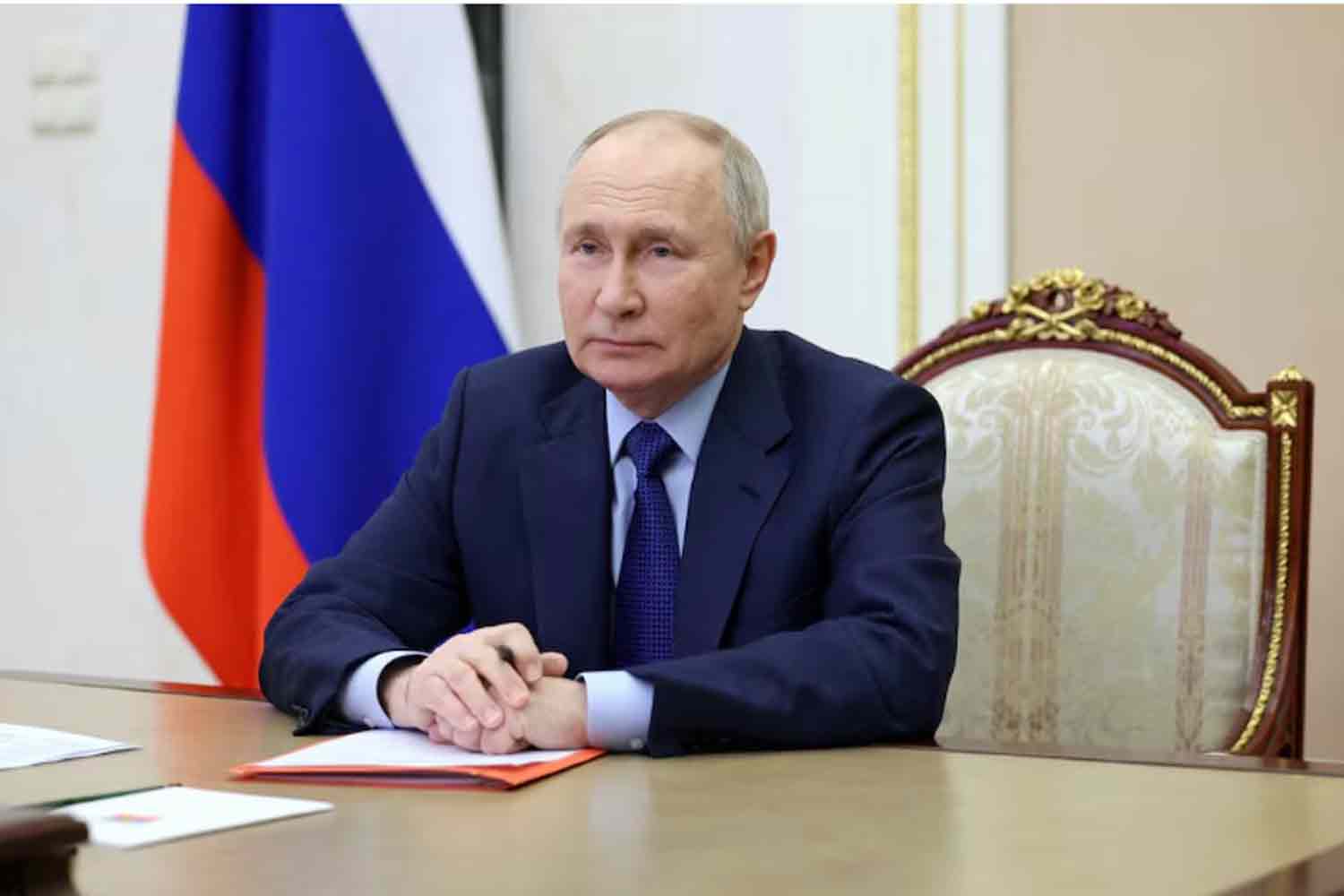The head of the U.N. nuclear watchdog conducted a visit to two Iranian nuclear facilities on Friday as part of a trip to Iran, coinciding with an anticipated diplomatic initiative from Europe regarding Tehran’s nuclear activities prior to Donald Trump’s potential return to the White House.
During this visit, Iran’s foreign minister informed International Atomic Energy Agency (IAEA) chief Rafael Grossi that Tehran is open to addressing unresolved issues related to its nuclear program but will not yield to external pressure.
Grossi toured the Natanz nuclear facility and the Fordow enrichment site, which is located approximately 100 km (60 miles) south of Tehran, according to state media reports, although specific details were not provided.
The relationship between Tehran and the IAEA has deteriorated due to several persistent issues, including Iran’s restriction on the agency’s uranium-enrichment experts entering the country and its inability to clarify the presence of uranium traces at undisclosed locations.
“The ball is in the EU/E3 court,” stated Foreign Minister Abbas Araqchi on X after discussions with Grossi in Tehran on Thursday, referring to the three European nations—France, Britain, and Germany—that represent Western interests alongside the United States in nuclear negotiations.
“We are prepared to negotiate in line with our national interests and inalienable rights, but we will not engage in talks under pressure or intimidation,” Araqchi emphasized.
France’s foreign ministry spokesperson informed reporters that the three European nations will await the outcomes of Grossi’s visit before determining their course of action.
“We are fully engaged with our E3 partners and the United States to ensure Iran adheres to its international obligations and commitments, as well as to foster good faith cooperation with the agency,” he stated.
“This engagement manifests in various forms, including through resolutions… We anticipate that these messages will be conveyed during Rafael Grossi’s visit, and we will adjust our response accordingly.”
The potential return of Trump to the presidency in January could disrupt nuclear negotiations with Iran, which had been stalled under the previous administration of Joe Biden following months of indirect discussions.
During Trump’s earlier administration, the U.S. abandoned the 2015 nuclear agreement between Iran and six global powers, which had limited Tehran’s nuclear activities in exchange for relief from international sanctions.
Trump has yet to clarify whether he will reinstate his “maximum pressure” strategy on Iran upon taking office.
Discover more from Defence Talks | Defense News Hub, Military Updates, Security Insights
Subscribe to get the latest posts sent to your email.





